Teaching kids about survival is a tough thing to do, mostly because it’s often difficult for them to imagine that life as they’ve always known it can change in a blink.
Regardless, it’s imperative that they know what to do because they will most certainly need to play an active role in your survival plan.
Whether it’s defense, or simply taking care of their siblings and carrying their own bags, kids need to know what to do if SHTF.
Before we get into what your kids should know at a bare minimum, it’s important that you have a serious talk with them about why you’re preparing for an emergency. If they’re old enough, point out current events that lead you to believe that your concerns are valid.
Discuss other events, such as wars or natural disasters, where average people were forced quickly into survival situations. They need to understand WHY, not just HOW to prep.
Basic Information
From the time your kids are 3 or so, they can begin to learn their basic information. This includes their full name, address, town, and phone number. They should also know your full name.
As they get older, teach them how to contact other family members or emergency contacts. Young kids also need to be taught basic “stranger danger” skills because if SHTF, they’ll certainly need that knowledge.
Include them in your plans and in your practice sessions. Give them specific duties as they get older. This will be valuable in two ways: first, you’re going to need all the help that you can get. Second, knowing what to do will help kids control their fears and will give them a sense of purpose.
Escape Routes
If your kids are young, draw maps of the house and yard and practice fire/emergency drills. Use different exits depending upon where they are in the house. Assign a safe place to meet up and make sure that they get there. Include that in your drills and try not to change the location!
If your kids are older, teach them how to get to designated meet-up spots from school and from various places such as the mall, ball practice, and other places where they may be if SHTF. Maps are great for this practice. Create a phone list that they carry in their backpack and impress upon them that their phones probably won’t work in many emergency situations.
How to Build a Fire without Matches or a Lighter
This is one of the basic skills that Boy Scouts and Girl Scouts learn at an early age. In case SHTF, knowing how to start a fire is a skill that they can use in any number of situations.
If they’re alone, they can use it to signal for help, or they can use it to keep warm or cook. If they’re in a group, it’s a skill that will help give them a sense of usefulness and purpose.
Get them their own fire kit for their bags when they’re old enough.
Basic First Aid
First aid is a skill that kids can begin to learn at a very early age. Begin when they’re young with simple skills such as applying a bandage or cleaning a boo-boo. As they get older and more capable, teach them more advanced skills including how to treat burns, cuts and fevers. Most fire stations or emergency squads teach first aid and CPR courses to community members. Enroll your kids when they’re old enough to do so. These are valuable life skills for anyone to have.
Self-Defense
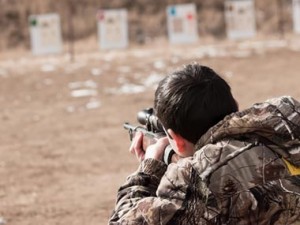
If you opt to teach them to use weapons, be sure to train them thoroughly both in safety and in use.
Even if they know how to use weapons, self-defense classes are still a good idea. It’s a great form of mental and physical exercise even if they never need to use it for its intended purpose.
These are just a few things that kids should know if SHTF.
This list is in no way inclusive but it’s a place to start. Other valuable information that kids should have include:
- Their exact role in your emergency plan
- How to find/filter water
- What local plants are edible
- How to fish
- How to sharpen a knife
- How to use hand tools
- How to tie different knots
What you should teach them depends upon what you’re preparing for. The most important thing is that you include your kids in your plan and encourage them to take an active role in drills and practices. Give them all of the information that you have as they get older so that should anything happen to you, they have the tools that they need to survive.
In the end, that’s really all that you can do!
Photo sources: 123RF.com


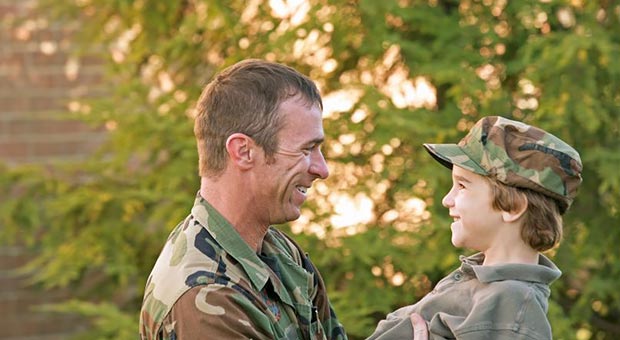

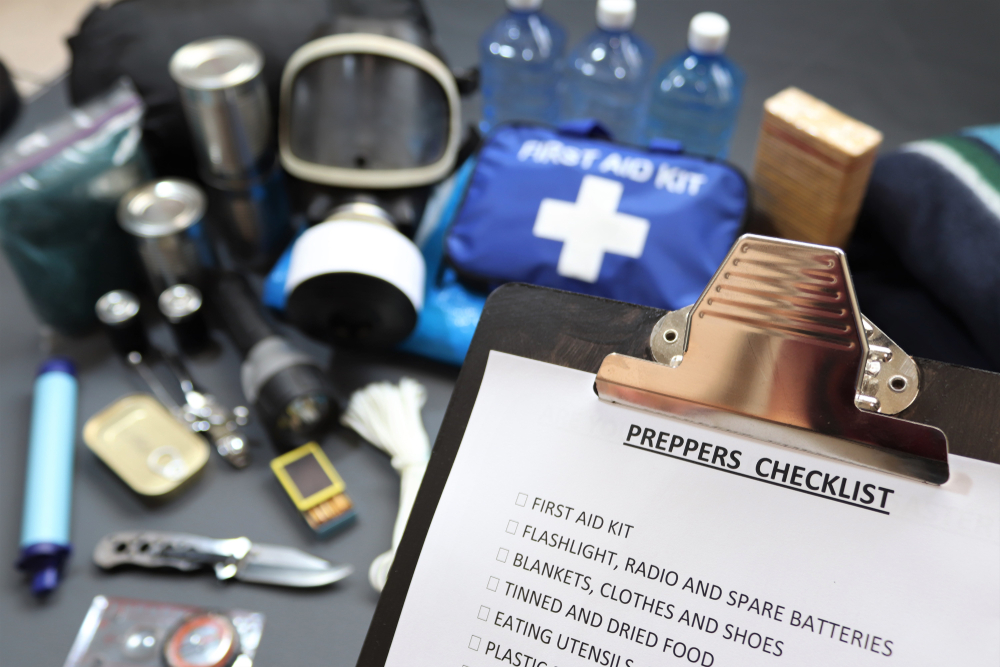
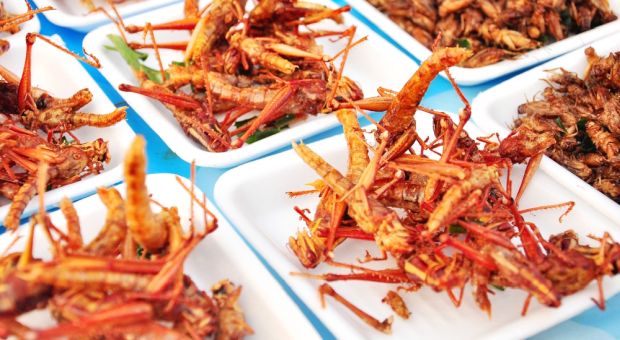
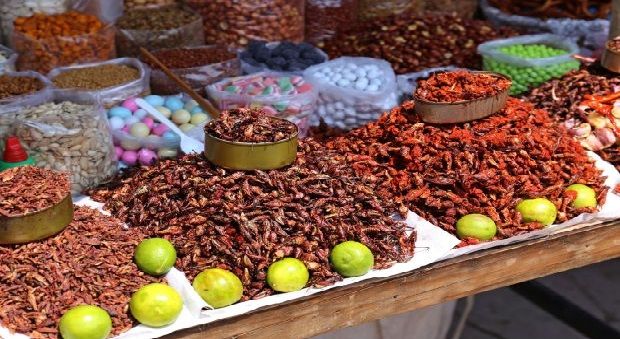


Pingback:5 Things Kids Should Know if SHTF | TheSurvivalPlaceBlog | March 6, 2014
|
BKeen | March 7, 2014
|
I have always advocated teaching children whatever they can comprehend at every age. At 2 years old, my twin grandkids could help with the cooking on a gas stove but were not allowed to handle knives. Frying was out of the question but they stirred boiling pots well and made sure that they didn’t boil over.
They fully understood HOT! and knew how to keep safe.
Rory fredricks | March 7, 2014
|
Great article and full of good info. As a father,grandfather and great grandfather, I might add that make sure you younger children understand how much you love them and that you are preparing for all of life and not just emergencies and that you are preparing from a position of strength,confidence and purpose. It is so easy for young ones to misinterpret such actions ( because they are so uncommon in our society) as defensive or scared actions. I can recall in the mid 1950’s, my father built a root cellar / bomb shelter attached to our house. even as a young child I perceived this was a little over the top for my father. and as I listened to the news about the Russians and what was going on with Cuba, I became increasingly frightened. Not wanting my father to think that I was not a man, I didn’t say anything. As you so plainly put it ” Involve the child at his or her own ability to comprehend things and make sure that as a team we are strong and confident. when a child is taught to be secure and confident. they will react that way! thanks for the great article!! Jeff
Pingback:Bio Prepper | 5 Things Kids Should Know if SHTF | March 24, 2014
|
Pingback:OPSEC: Surviving Based on Deception | May 15, 2014
|
Pingback:OPSEC: Surviving Based on Deception | TheSurvivalPlaceBlog | May 16, 2014
|
Pingback:Prepping With Kids For Off-Grid Survival | The Prepper Dome | January 11, 2015
|
Pingback:Prepping With Kids For Off-Grid Survival | Survival skills, survival guns, survival guide | January 12, 2015
|
Pingback:5 Real Life Survival Stories To Learn From | Survival skills, survival guns, survival guide | March 27, 2015
|
Ian | February 7, 2016
|
Take young kids ‘Camping’ in what should be a pretty safe place. This place being the back garden.
Make sure they have everything with them that they will need. No going back into the house for anything they forget. Make them feel safe so they will happily sleep in the dark.
If you have the space you can progress this in time to their tent and your tent.
Go onto week end camps where you go out Friday night and don’t go into the house until Sunday night. Each day after breakfast then have them prepare a lunch to take with them and go for a walk even if it’s only for a few hours.
Add in ‘first aid’ issues such as a small burn or a cut, so they get the practice, and the confidence, of actually doing the things.
Pingback:How To Survive With Kids In Small Spaces | Survivopedia | September 18, 2017
|